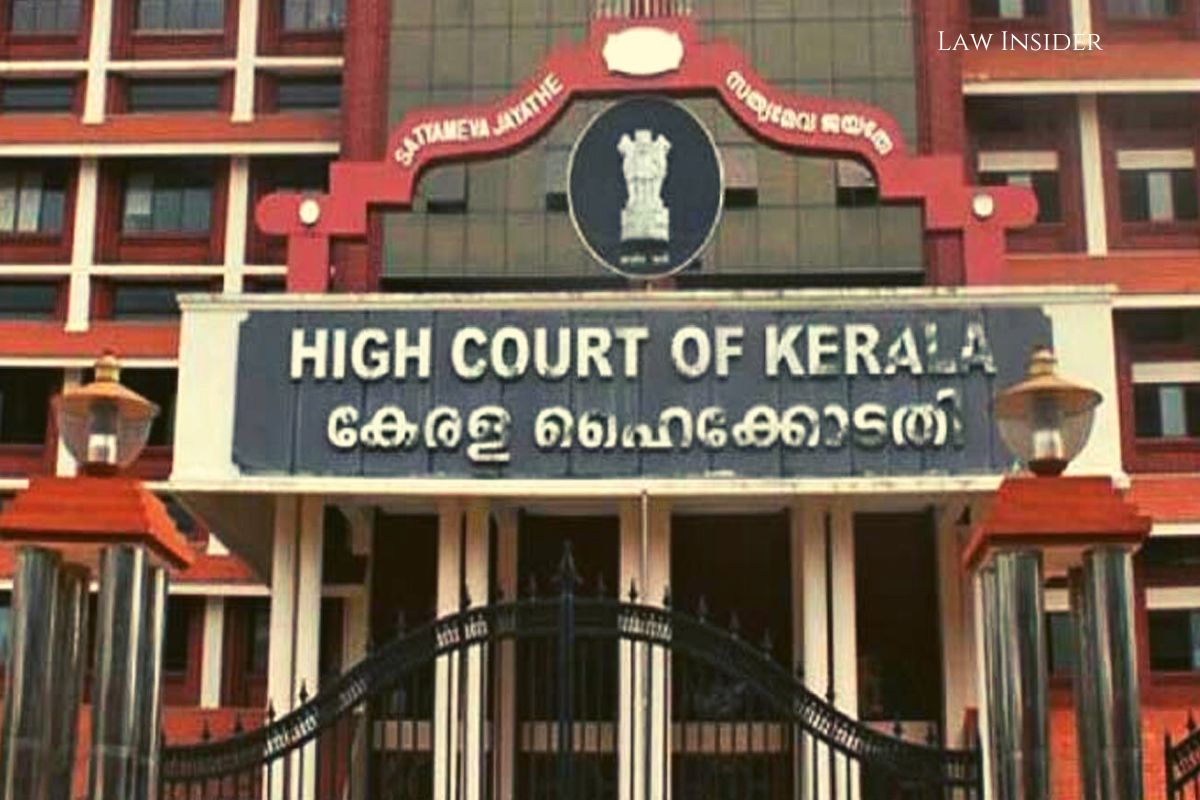LI Network
Published on: 16 August 2023 at 10:45 IST
The Kerala High Court has recently underscored that the absence of necessity for custodial interrogation alone cannot serve as a basis for granting anticipatory bail in Suresh K.M. V. State of Kerala.
Justice Kauser Edappagath presided over a case involving the second pre-arrest bail application submitted by the accused under Section 438 of the Code of Criminal Procedure, pertaining to a registered crime.
In this instance, the applicant was charged with sexually assaulting the victim by groping her breasts and attempting to insert his finger into her vagina, thus committing the aforementioned offenses.
The High Court emphasized that the exceptional authority of the High Court and the Court of Session to grant pre-arrest bail under Section 438 of the Cr.P.C should be exercised with considerable prudence, care, and caution, solely when an extraordinary circumstance is presented, and reasons must be recorded accordingly. In executing these powers, the court must strike a balance between an individual’s right to personal freedom and the police’s investigative rights.
The court clarified that the decision to grant or deny pre-arrest bail constitutes a conclusive order, and considering a second application essentially entails a review of the previous order. Nonetheless, subsequent applications for pre-arrest bail are not entirely barred; however, they cannot be entertained as a matter of routine.
The accused must demonstrate a change in circumstances significant enough to convince the court to invoke its exceptional jurisdiction for a second pre-arrest bail application. A material alteration in the factual context or legal framework is a prerequisite for a second pre-arrest bail application.
The High Court referenced the case of Vineeth v. State of Kerala, wherein it was determined that successive bail applications, lacking any alteration in the factual scenario or circumstances warranting the invocation of the High Court or the Court of Session’s exceptional jurisdiction under Section 438 of the Cr.P.C, could be regarded as an abuse of the court’s process.
The court noted that while there is no absolute prohibition against filing subsequent applications for pre-arrest bail, such applications can be entertained only if there is a significant transformation in the case’s facts and circumstances, necessitating a reevaluation of the previous perspective, or when the earlier conclusion has become outdated.
Typically, the grounds presented in the initial application cannot be revisited in the subsequent one. Moreover, the accused cannot argue in the subsequent application that the court overlooked any facts or evidence during the initial bail application.
The High Court determined that the victim or her husband’s lodging of complaints against others cannot be deemed a change in factual situation or circumstance substantial enough to warrant the submission of a second pre-arrest bail application.
The second application filed by the applicant fails to highlight any modification in the factual situation or case circumstances since the first bail application was dismissed.
Given the aforementioned considerations, the court rejected the bail application.

